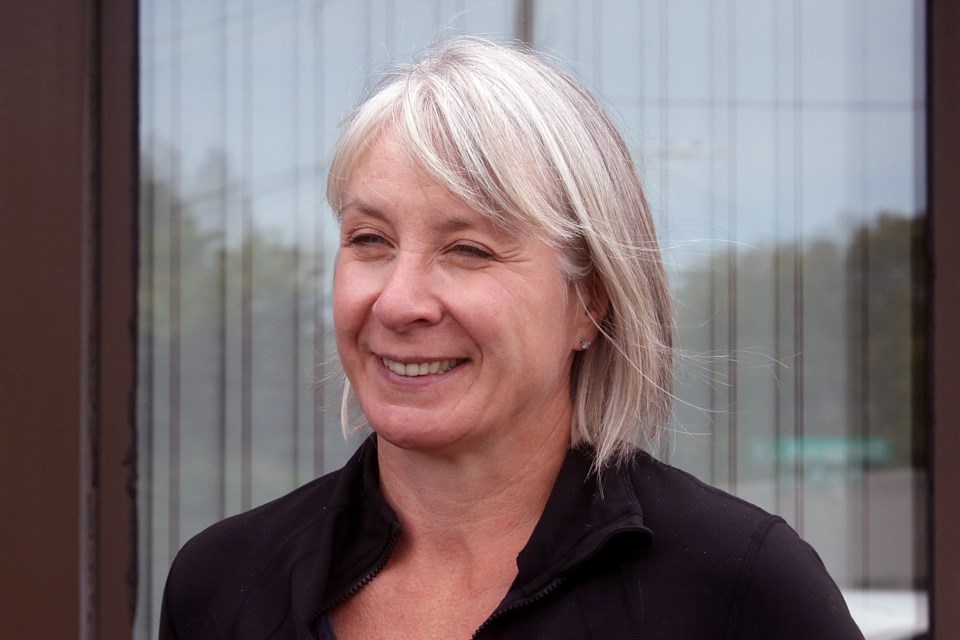THUNDER BAY – Health Minister Patty Hajdu said the world is trying to figure out how to make international travel work in the post-pandemic age.
One thing is certain, the Thunder Bay-Superior North MP said – people are hungry to get back to their traveling ways.
How to make it work best is the outstanding question and applies to both entering and exiting Canada.
Elsewhere in the world, vaccine passports have been floated as a possibility.
Israel, one of the global leaders in vaccinations, last week released an application that shows whether or not a person has been fully inoculated against COVID-19, or is likely to have immunity because they’ve already tested positive for the virus. In Israel anyone wanting to use a gym, take in a concert or a movie or stay at a hotel must have a green pass to show they’ve been vaccinated.
Canada, and the other six G7 countries are considering the idea of vaccination passports, at least for travel. And Canadians may be left with little choice, if other countries require them, especially the United States.
For now, Hajdu said, the concept remains in the discussion stage.
“We feel very strongly that Canada has to be in those conversations, because when the world arrives a t solution, whatever that might be, we want Canada to be prepared and be able to support our citizens to travel internationally with the right approach, with the right certifications, if that’s what happens,” Hajdu said, speaking with Dougall Media via Zoom.
The health minister said the question really doesn’t have a proper answer at this point. The key issue is how effective the four approved vaccinations in Canada will be at preventing spread of COVID-19.
“We do know it protects you from serious outcomes, a serious case of COVID, or death, God forbid,” Hajdu said.
“But what we don’t know clearly from the research and science is what it does to our own personal infections. We know that sometimes someone may be able to catch COVID, but it’s not as severe. That research is still under way.”
Hajdu added Canada is also looking closely at what requirements will be necessary for people to come into the country.
At the moment, most international travel to Canada is banned, with exceptions for some immediate and extended family members of Canadian citizens and those given an exemption based on compassionate grounds.
In most cases, a 14-day quarantine plan is required. A negative test, taken 72 hours prior to arrival, is also required.
“For us, it’s centred around what we would require to enter Canada. Right now, we don’t have an intention of requiring proof of vaccination, again because the research doesn’t necessarily suggest that people who have been vaccinated have been any less infectious,” Hajdu said. “What is says is they are less likely of getting sick themselves.”
Hajdu said she does expect research into vaccine effectiveness is forthcoming, both at home and abroad.
“I think we all need to remain patient and remember now is not the time to travel internationally, and not just from a COVID perspective, but from a course if countries change their stances, it can happen very quickly and we’ve seen many cases of people getting stuck,” she said.
Canada’s own entry requirements changed in February, requiring a mandatory three-night stay at a government approved isolation hotel in one of four cities, which caught a lot of Canadian travelers off guard.



